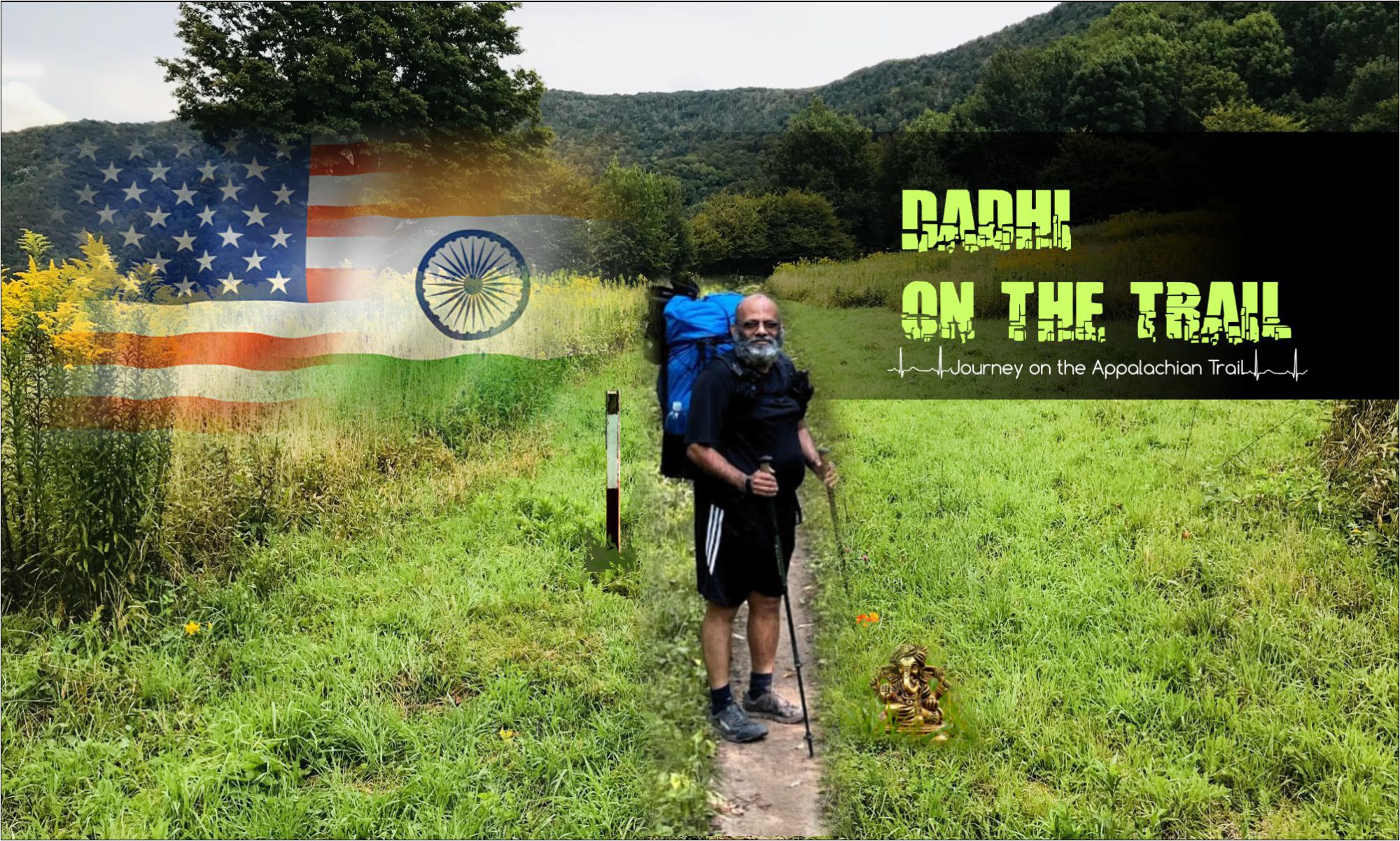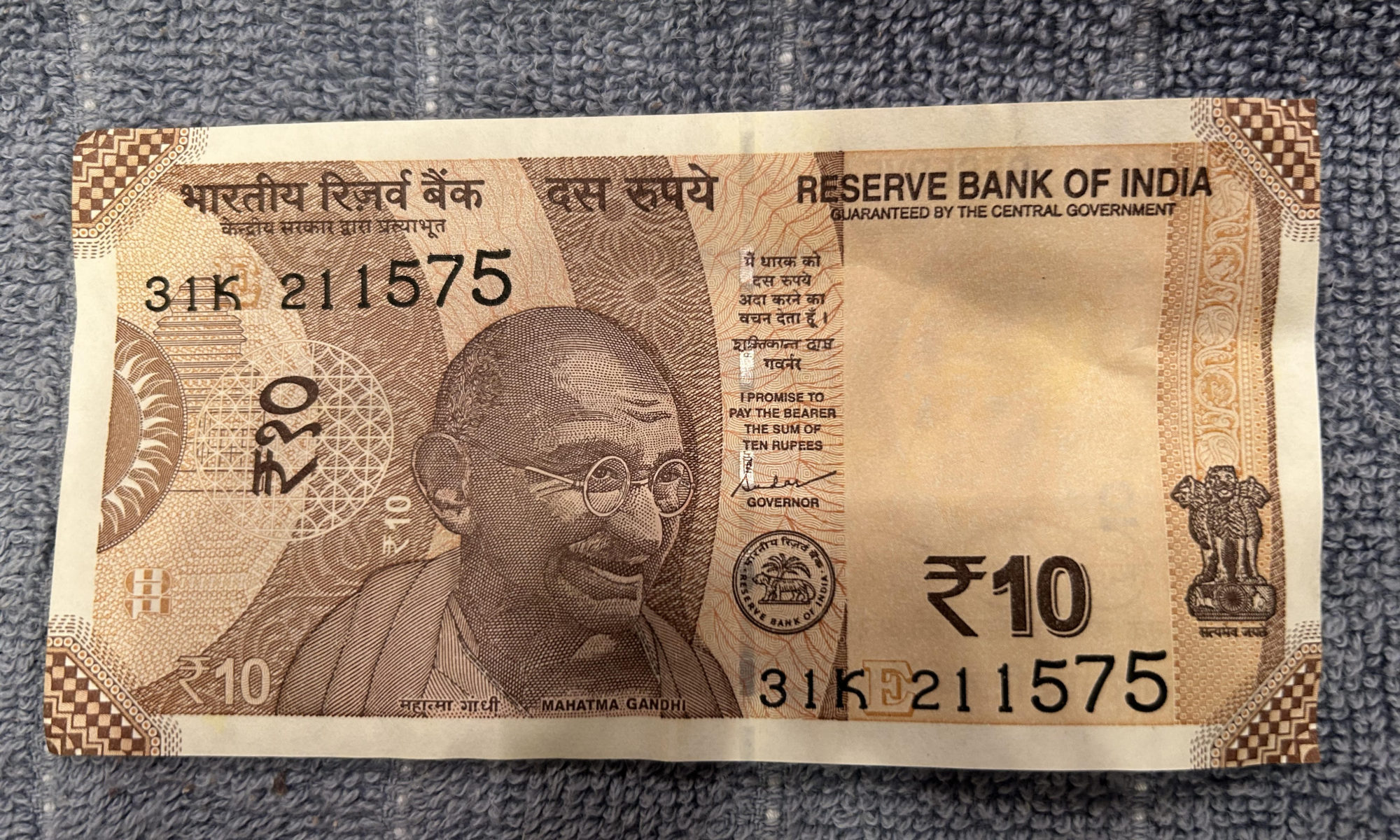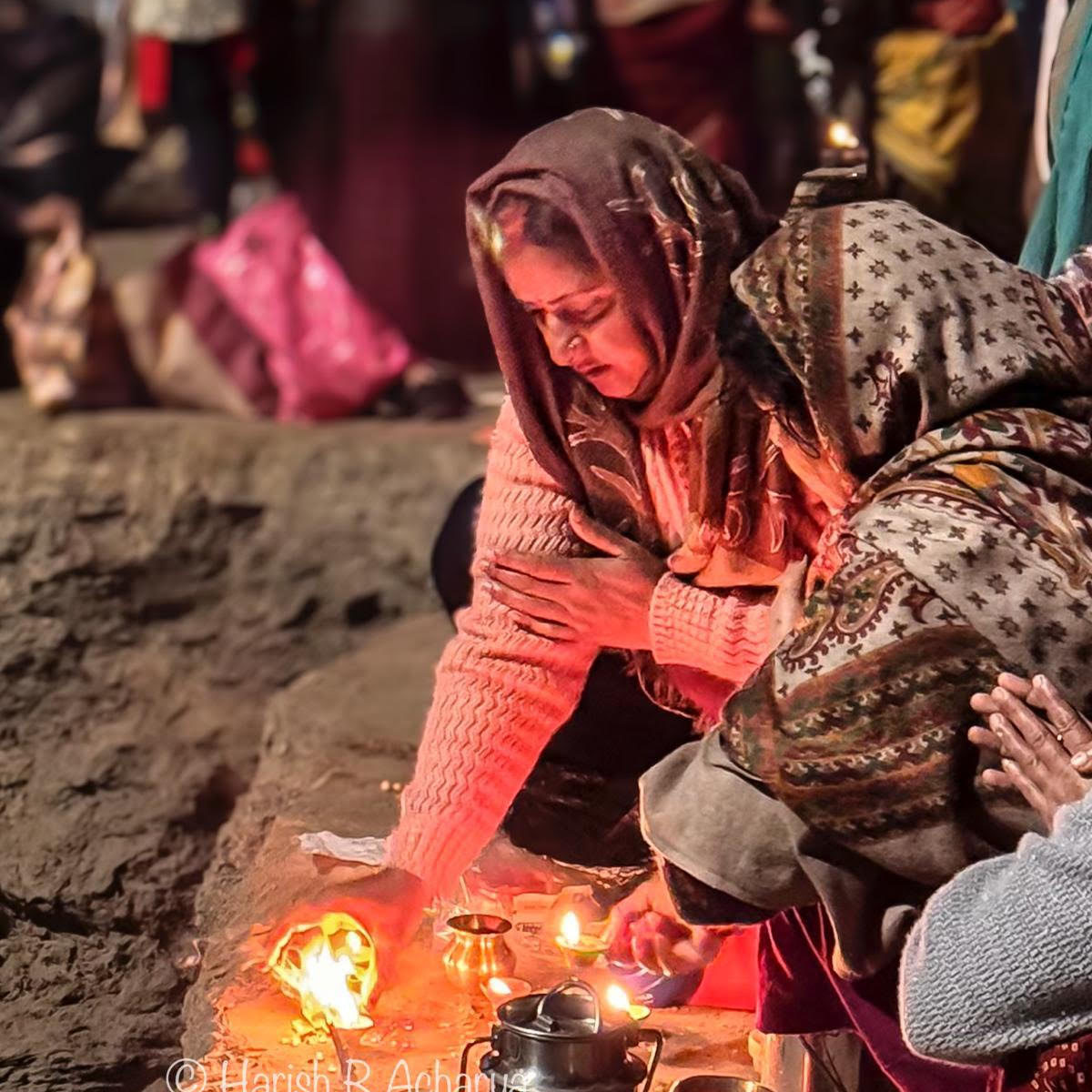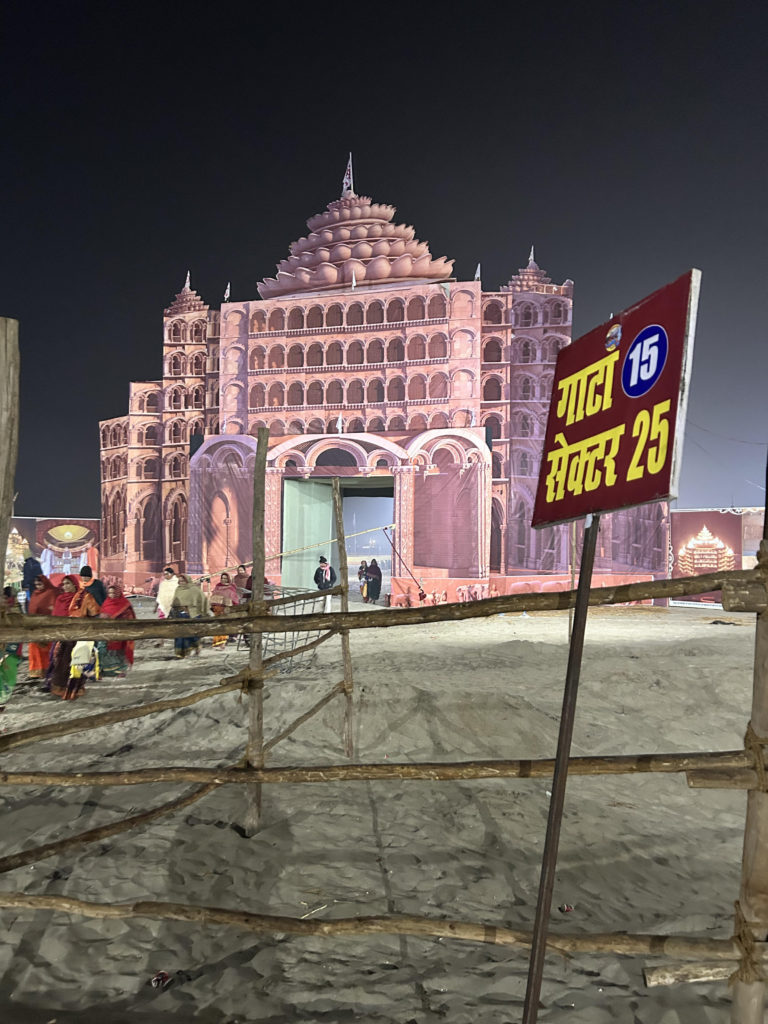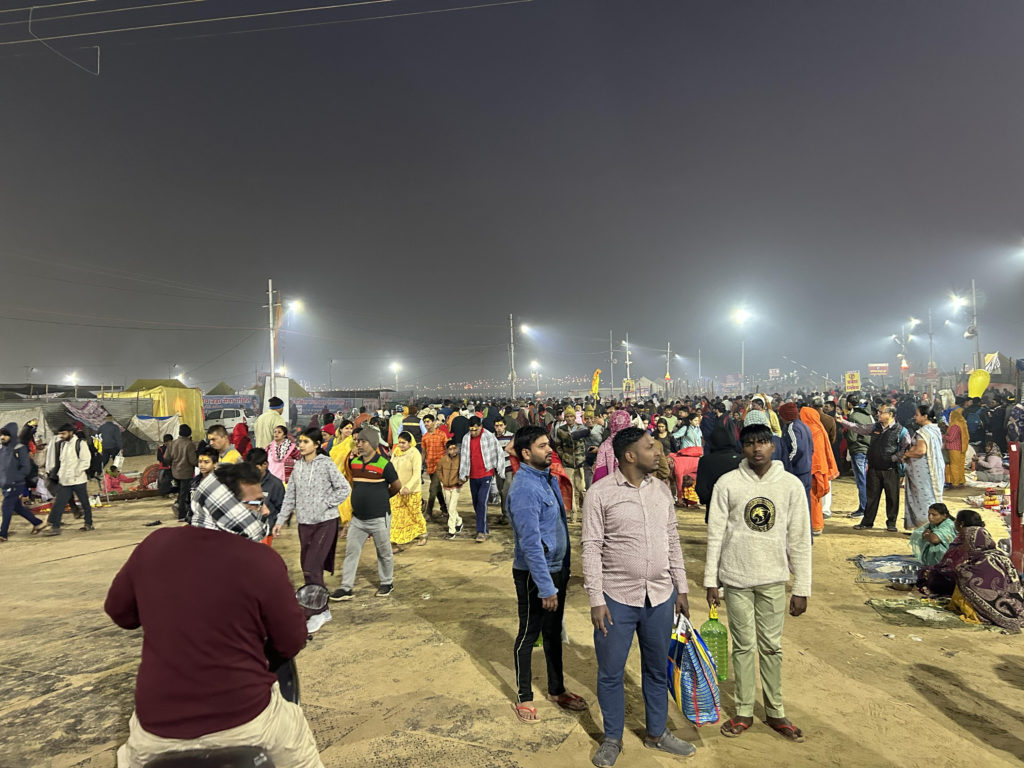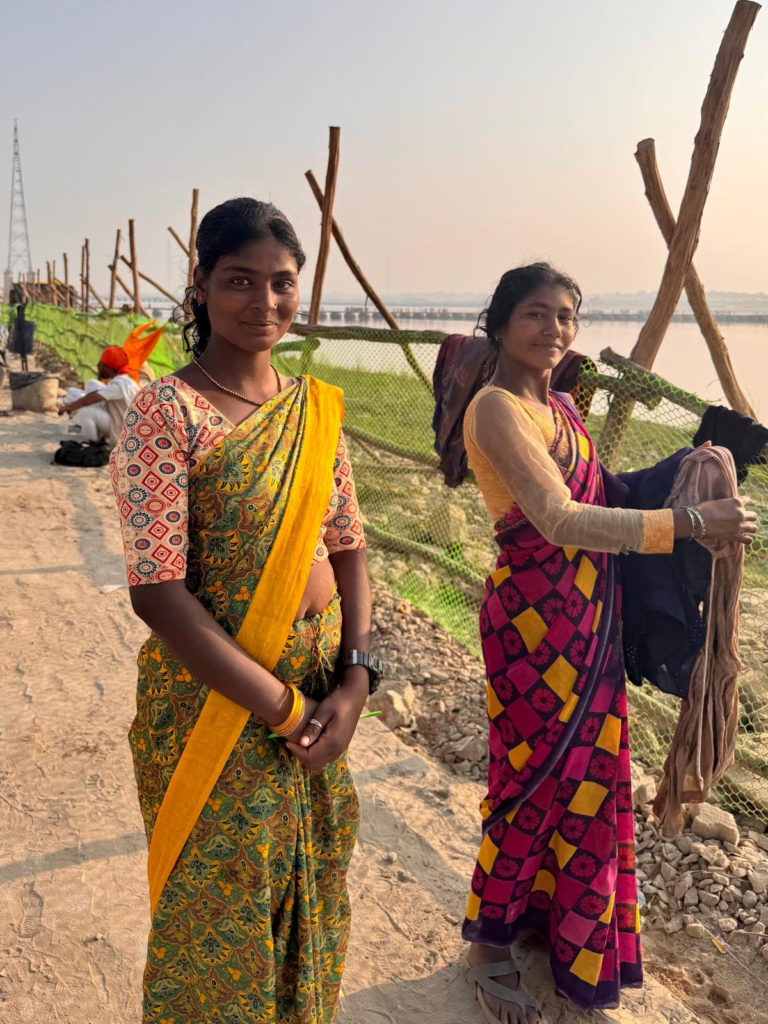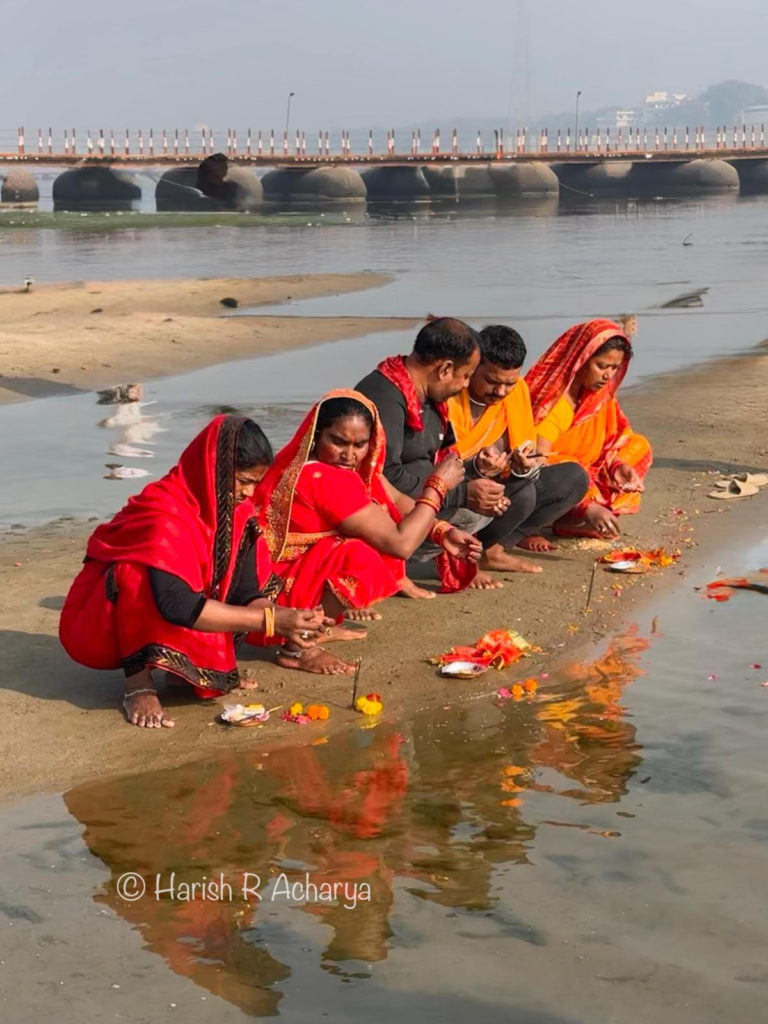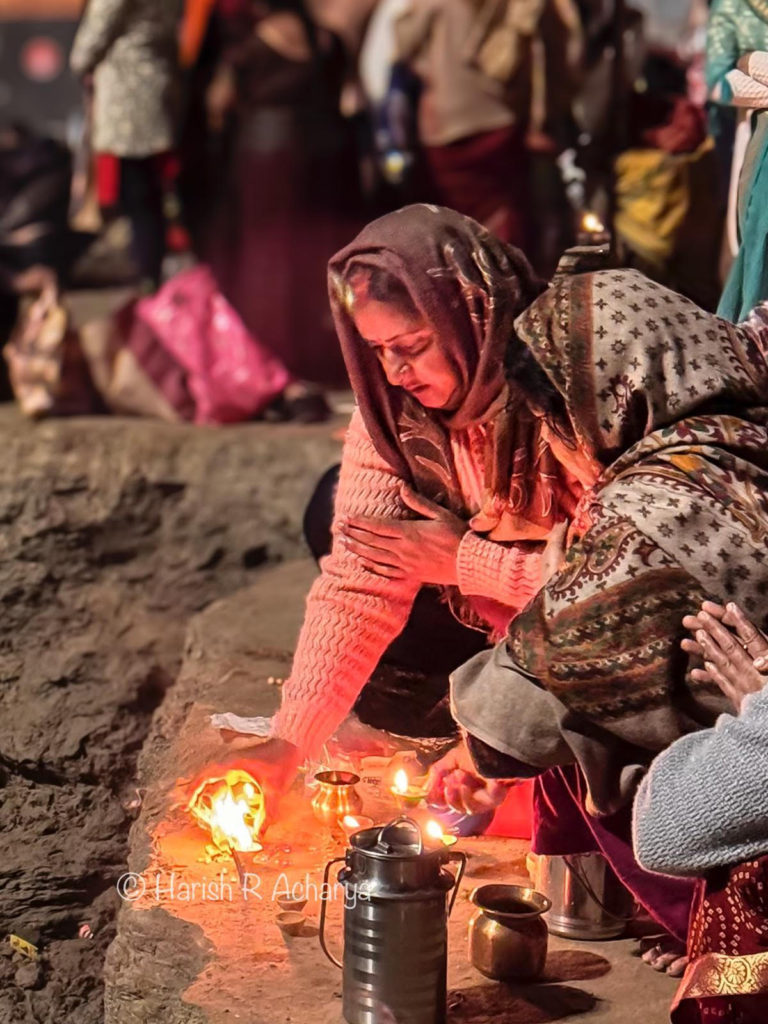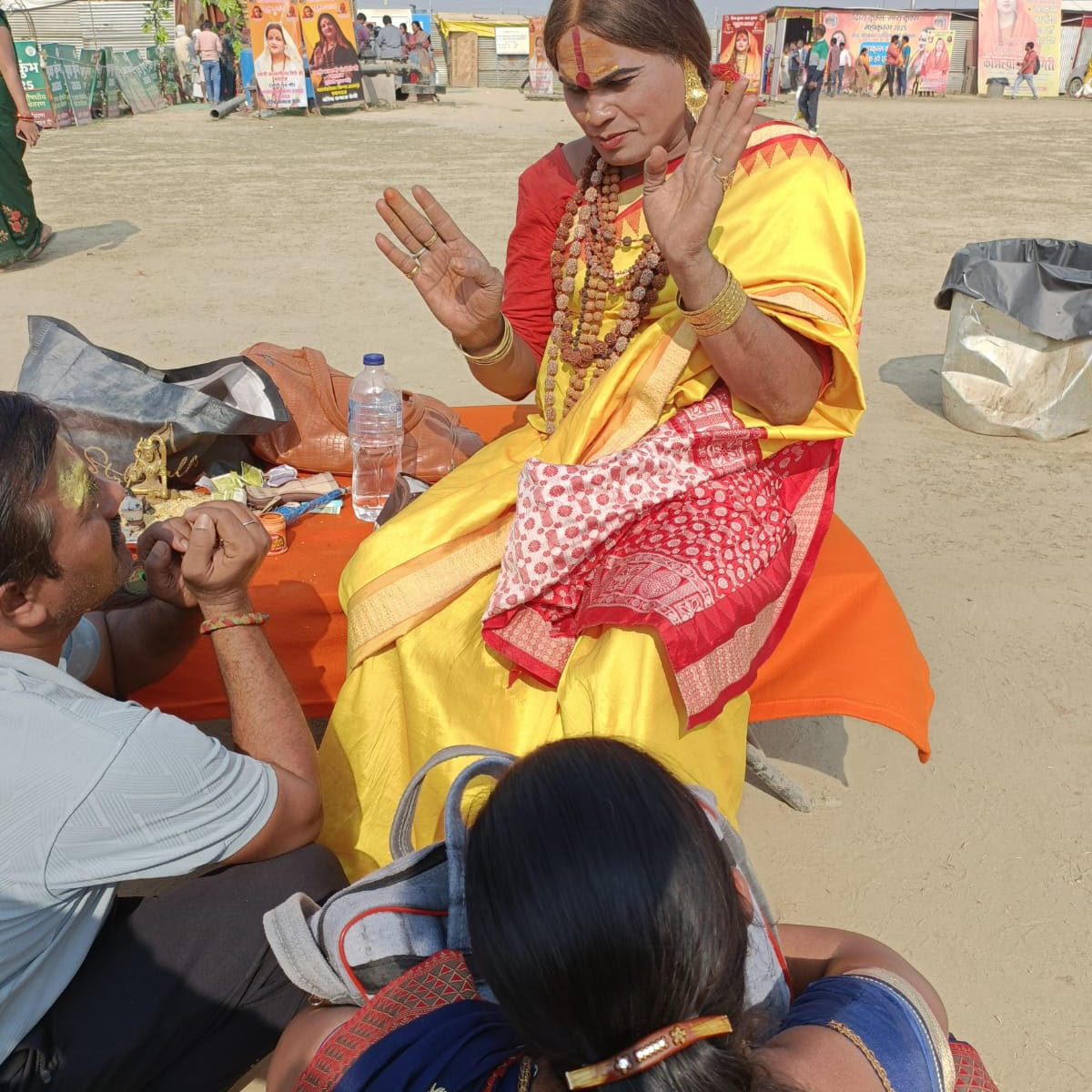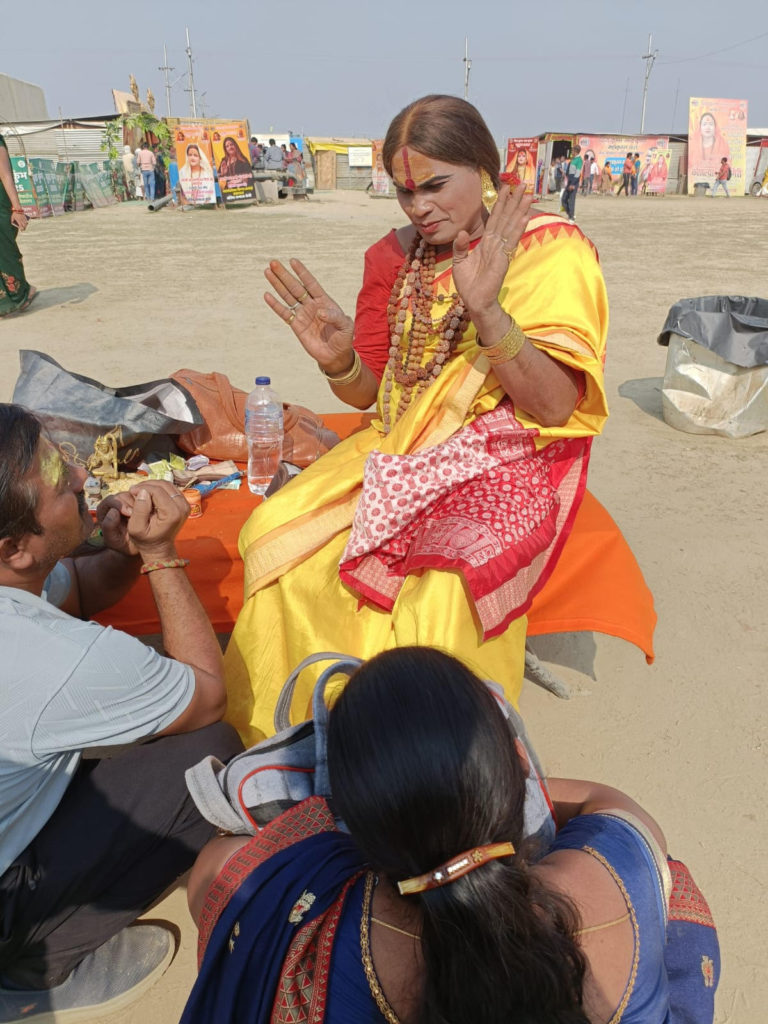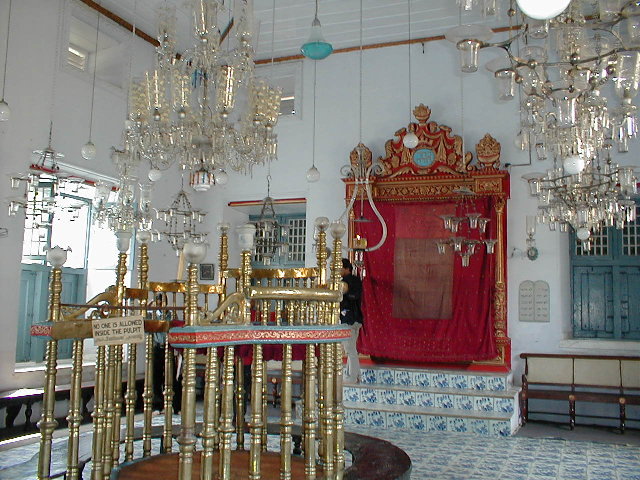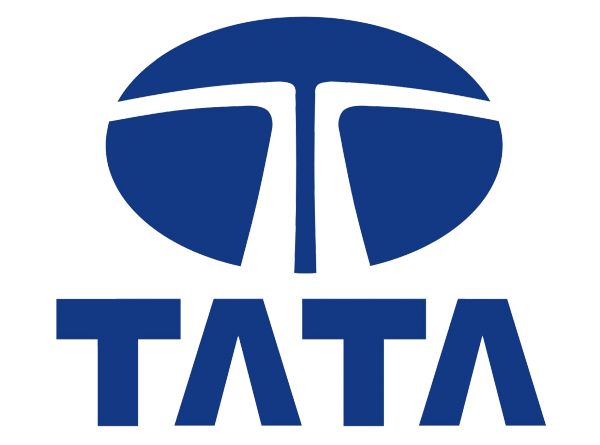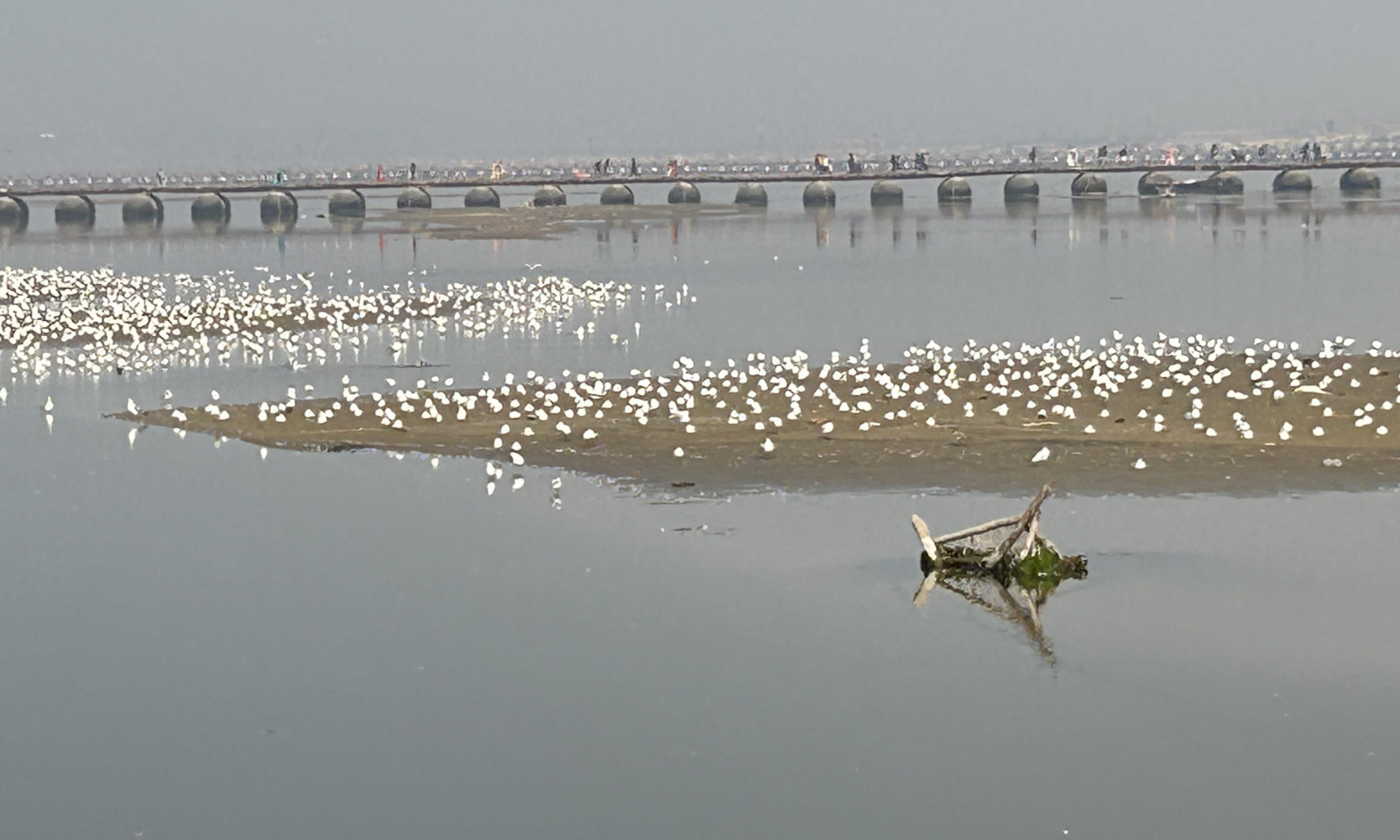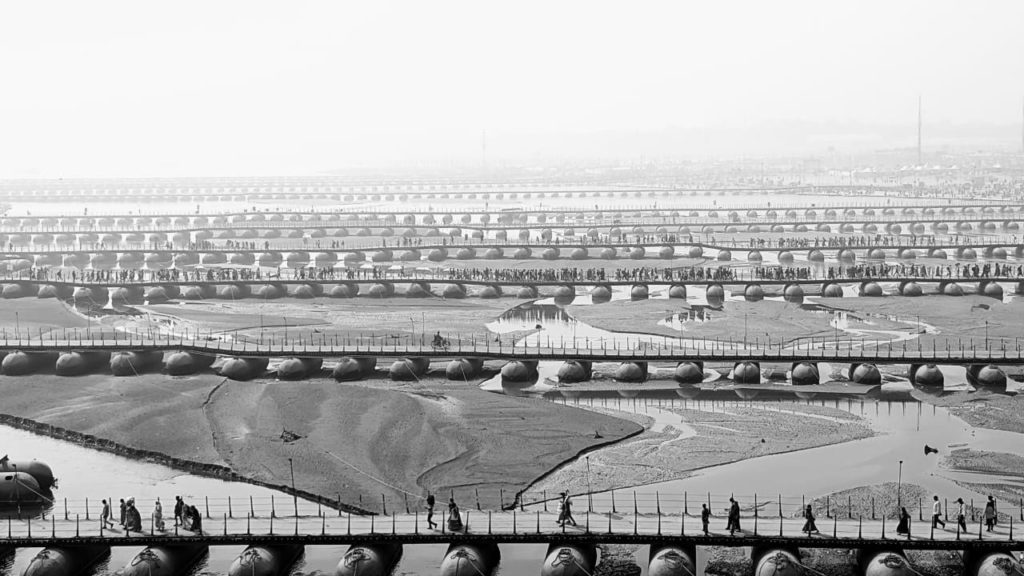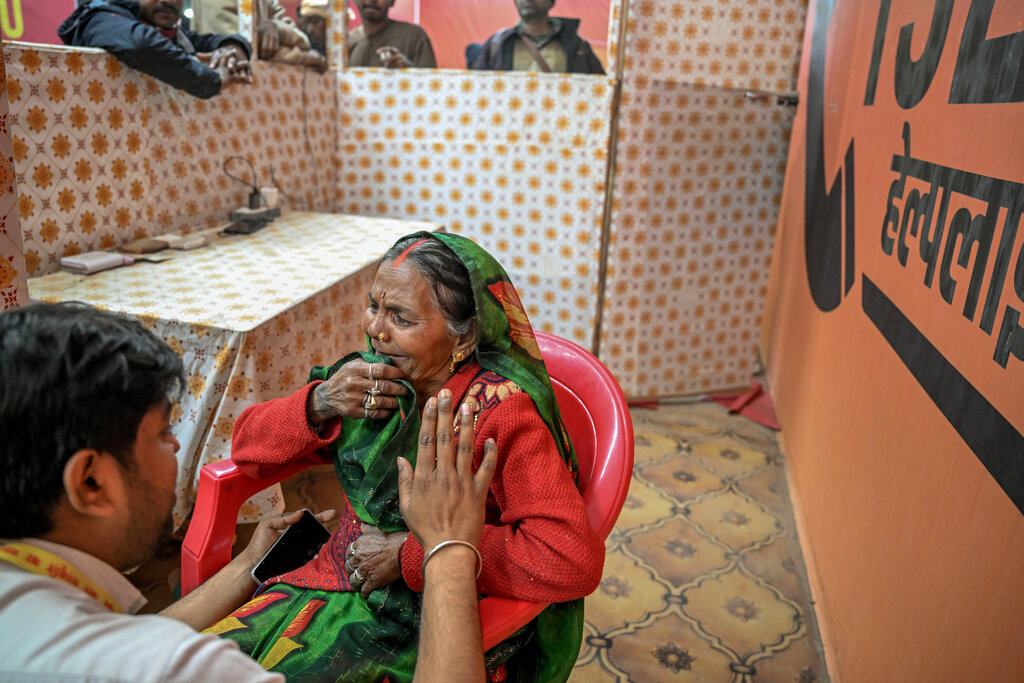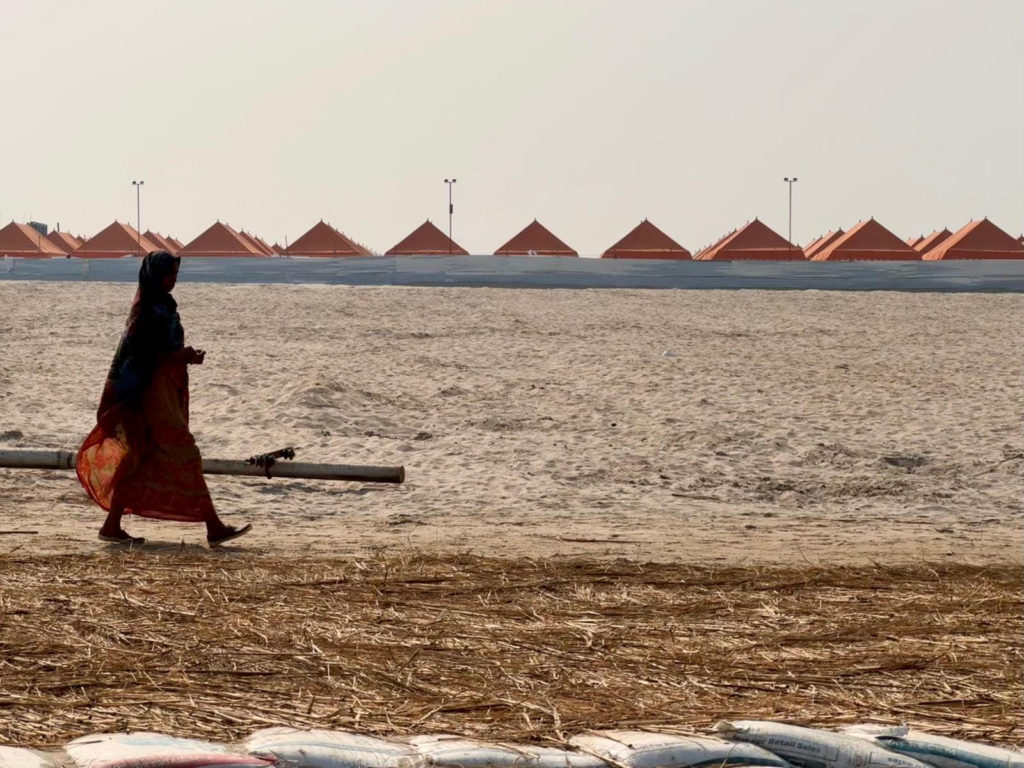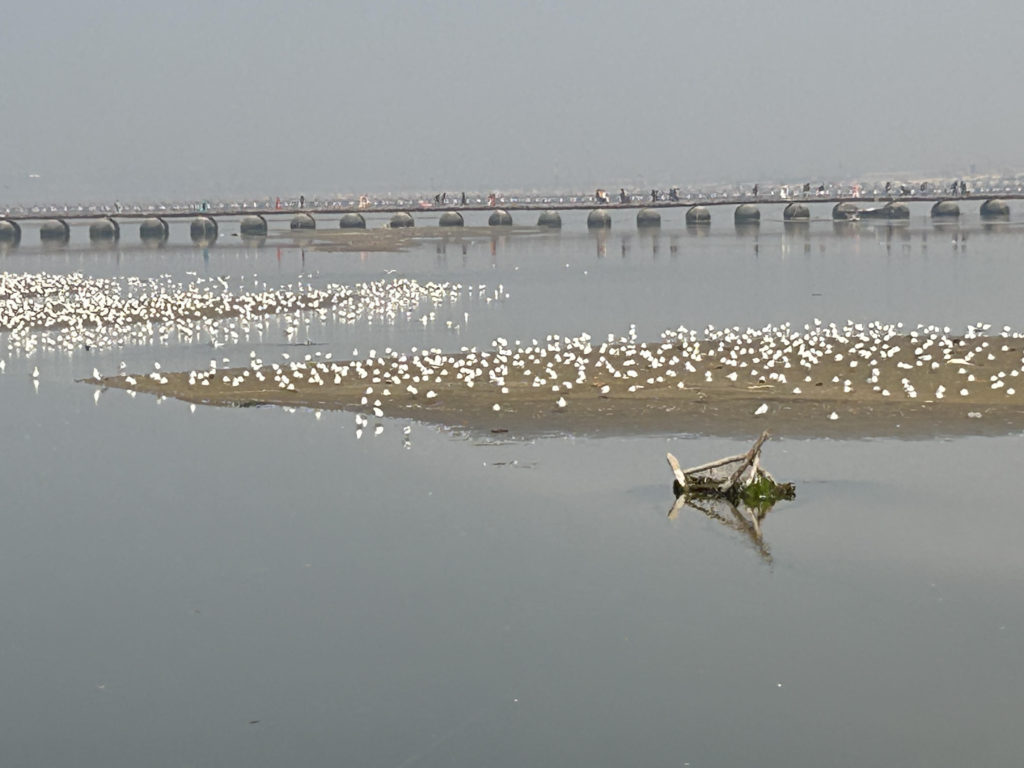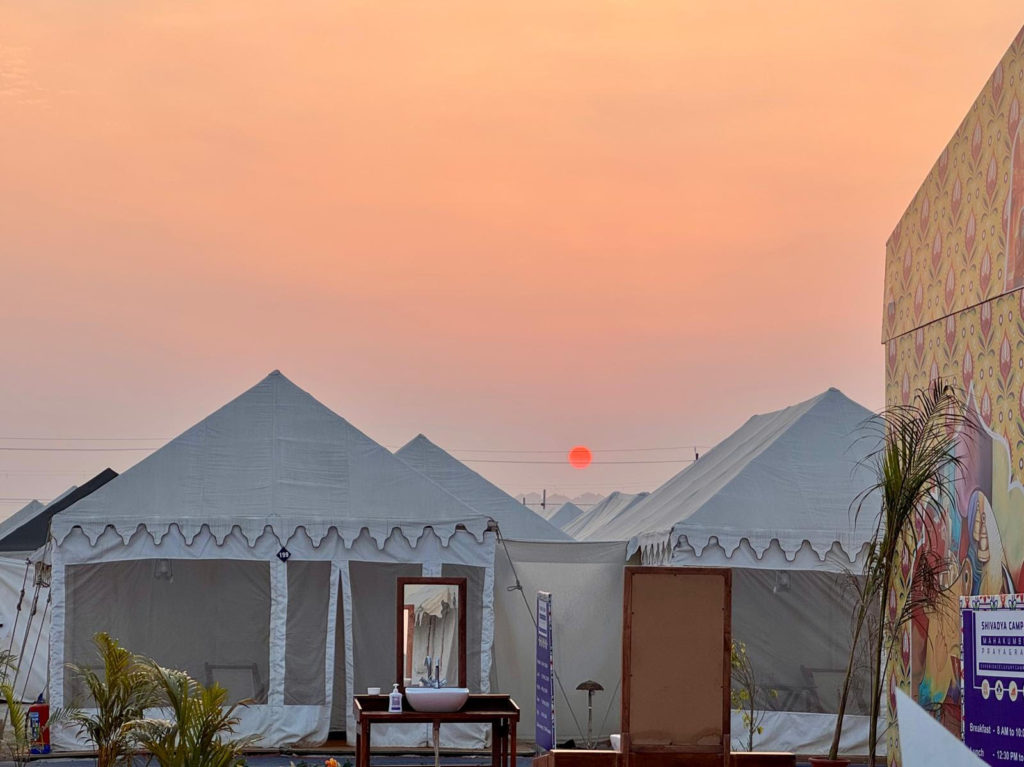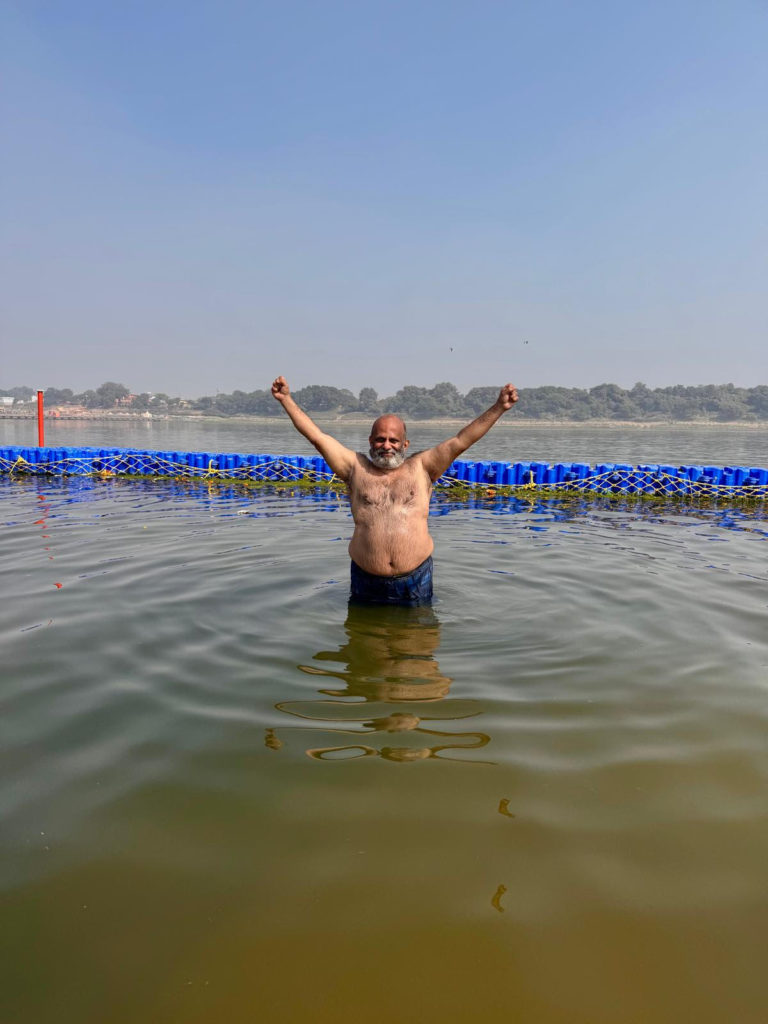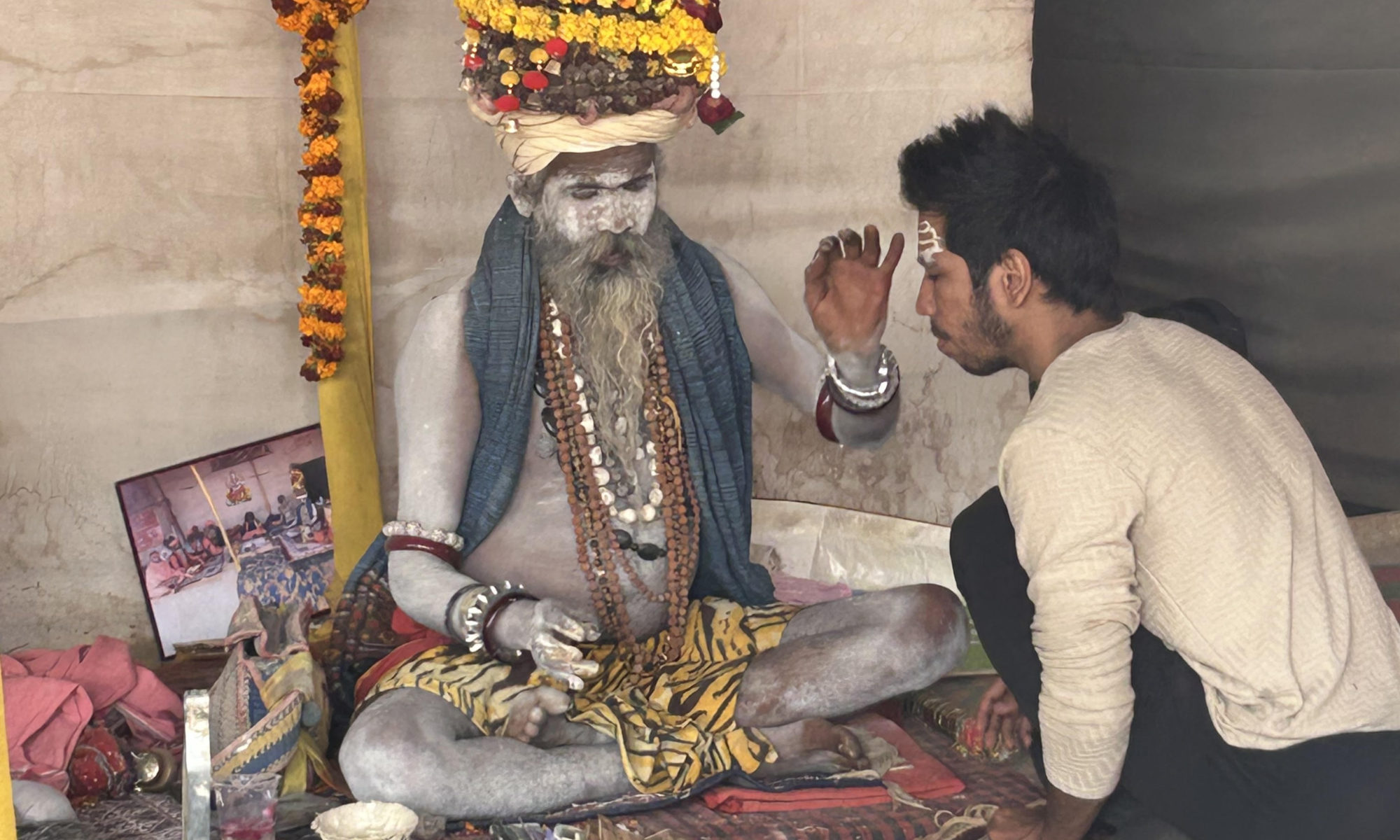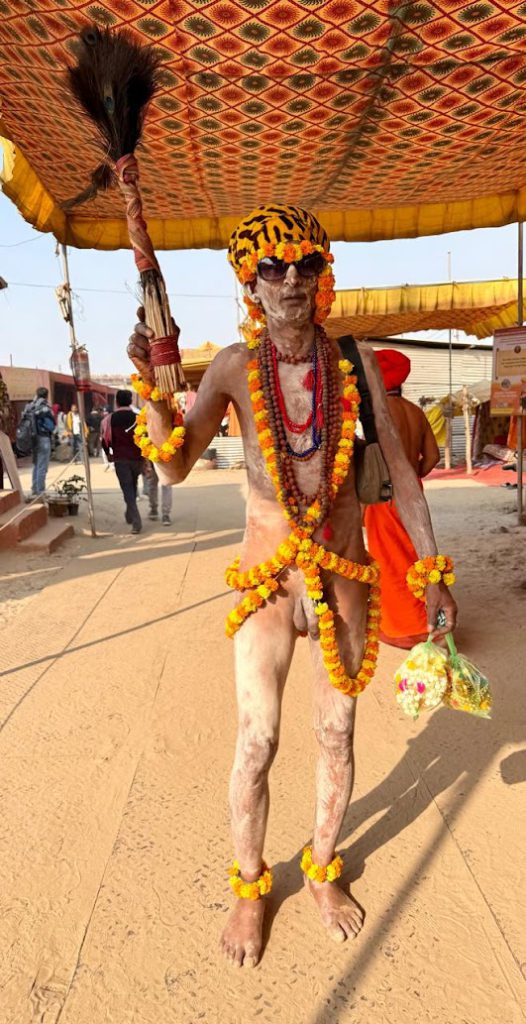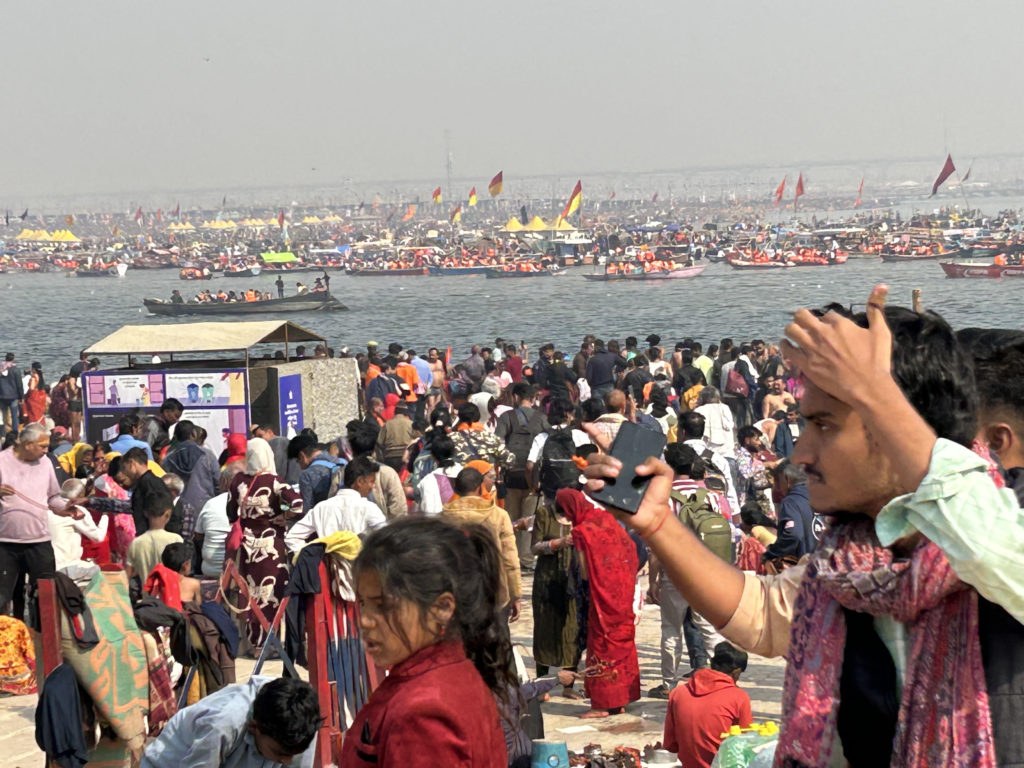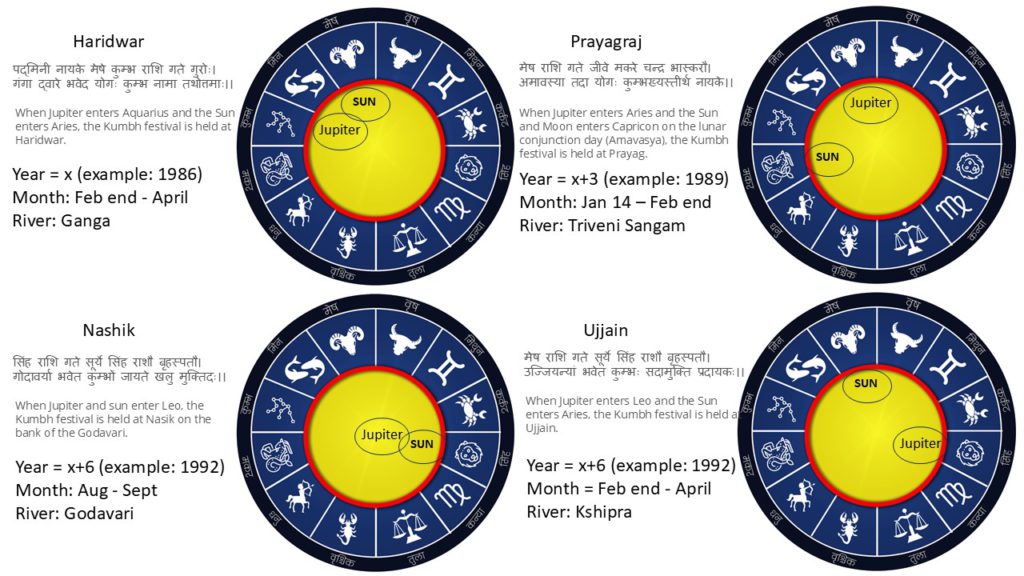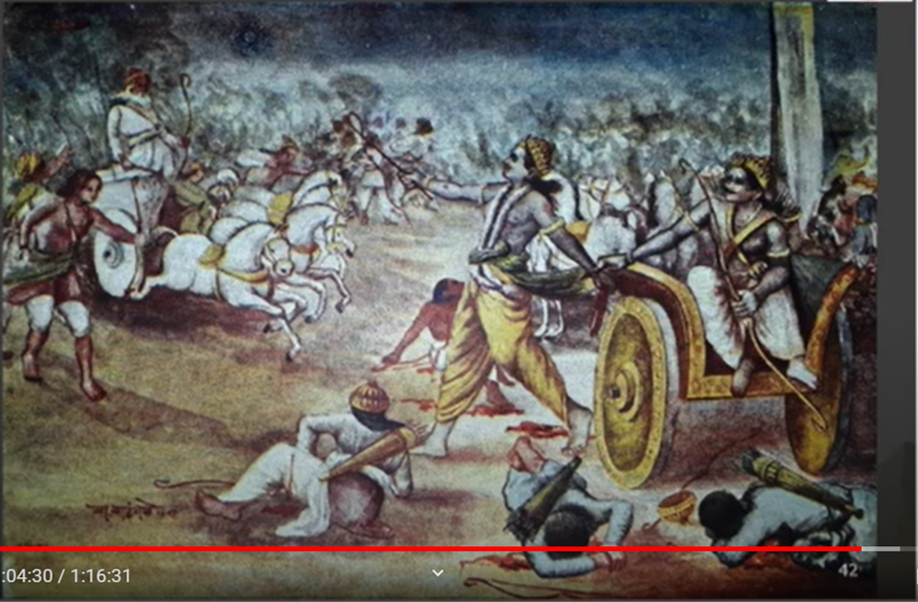I wrote a Marathi article a few years ago about my mostly non-professional experiences. However, some of my non-Marathi family members and friends requested that this article be translated into English. So, here you go with the unconstrained translation!
As we get older, we all tend to dive into our fading brain cells and pull-out old memories. Then we ruminate on those memorable experiences during boring meetings, on the toilet, when we go to bed, or when we are pretending to listen to our spouses. In my case, I even wrote some nostalgic articles in Marathi about some of these unique memories, such as my excursions as a foodie. But what I have never done is take comprehensive stock of all my experiences. Now, my schoolmates have requested that I write about this entire autobiographical journey. For some of you, it could be an interesting read, and for others, it could be just a diatribe.
To ensure that you are not bored by long articles in this fast-paced world, I will write the experiences as non-chronological bullet points. Go ahead and imagine interesting stories behind these bullets. For example, when I write that “In my 9th grade, five of us walked from Dombivali (my hometown in India) to Raigad (the fort capital of the founder of the Maratha Empire, Chhatrapati Shivaji Maharaj),” I will let you envision the stories behind such an 8-day walk. These stories could include the burning pain of bulging blisters all over our feet, the anxious palpitation of young hearts knocking on random strangers’ doors in the dark for overnight shelter, and the taste of terribly cooked, scorched rice next to the fast-paced thoroughfare under the hot sun.
Oh yes, we did not share our (Anjali’s and my) personal anguishes in this write-up. Let them remain tucked away in our hearts.
OK, shall we start?
I used to spend evenings in fifth and sixth grade catching fish in the sewer nullah flowing next to our home. Yes, that is really, really true! My hometown fruit market used to be occasionally flooded during monsoon rains, and rotten oranges used to flow in the rapids of this nullah. I would lie flat on my stomach on the sewer bridge in the soaking rain and would try to catch these swaying oranges rushing through the overflowing rapids of the nullah. It felt as if this was the ultimate, adrenaline-rushing fun game that ever existed in the whole world. Once, my teacher pulled me out of the sewer and reprimanded me in front of the girls from my school. It was a very, very embarrassing moment indeed, not so much because the teacher yelled at me, but because the girls were laughing at me.
As I mentioned earlier, we went on an 8-day walking trip to Raigad from Dombivali. The team of a fabulous five included “mature” adults with ages ranging from 10 to 14. We had no idea where we would stay overnight or what we would eat. Our parents said “yes,” and there we went! A totally crazy endeavor! In the evening, we would literally knock on any random door in tiny villages and request that they accommodate us for the night! What hospitality we received from all these families with modest means and humble homes! With such experiences, it was so easy for us to develop unwavering faith in humanity in those formative years.
I loved to swear in Marathi at my school. Later in college, I added fancy English “vocabulary” to improve my “sophistication” in swearing. In my literary exuberance of cursing, if some gentleman got red-faced and unsettled, I used to refer him to one of the popular Marathi theater dramas, “Tee Phulraani” (based on George Bernard Shaw’s Pygmalion), by the most respected Marathi author Pu. La. Deshpande. The Professor in this play also used to swear and say that “Such beautiful filthy words are the adorned jewelry of any self-respecting language.” I even earned second place in the dorm competition for cursing! But, of course, I have never sworn in front of women, younger children and elderly people.
n my final year of high school, some of my friends incited me to take a math AP class. Our principal was reluctant to conduct AP classes. But somehow, the motivated leaders of our pack persuaded the principal. Furthermore, my close friend Arun Joshi provoked me to take an Arithmetic AP class at the same time. Unfortunately, we had to learn it ourselves, as our principal did not want to offer such a class only to three crazy students. Here in the USA, students may not understand all the fuss about taking AP classes. But this entire self-learning episode during the most crucial academic year was on the borderline of irrational stupidity.
I had a fantastic relationship with my in-laws. I could carry on long conversations with Anjali’s mom. How many people do you know who have such long conversations with their mothers-in-law? Both in-laws have now passed away. But we had a nostalgic, quiet revival of those memories at Anjali’s nephew’s pre-pandemic wedding. That was a great detour into the past!
Until now, I have traveled to 56 countries, sometimes for work and sometimes for pleasure. Nowadays, our family has an unusual modus operandi for such trips. We eat unique local food, sit around watching people go by on the street and observe their daily life, visit local markets, and roam around in nature. We do not chase those conventional sightseeing places anymore that would be promptly forgotten in no time! Some of the journeys are etched in our brains. Te Galapagos, the Amazon Jungle, and Tanzania were simply mind-blowing places. And how can I forget our visit to my brother in New Zealand, followed by a family trip with my parents? That was the last trip with my ever-enthusiastic mom!
I have trekked for more than 300 days in the Himalayas. On the Kalabaland expedition in 1982, at the northwest tip of the China, Nepal, and India border, we had to stay above the snow line for 40-45 days, where snow never melts throughout the year. The only way to get water above the snow line was to melt the snow. We were short of money, short of sufficient porters, and short of fuel. Obviously, water was rationed only for drinking and cooking purposes. What does that mean? It means that brushing teeth and taking showers were completely skipped for the entire 45 days! Woohoo, perfect situation for a lazy bum like me! Never mind that based on my current appearance, many friends think, that I do not take daily showers even today. Hahaha!
When I was working at the Tata AutoComp Systems (TACO) in Pune, I led the negotiations for four joint ventures (JVs). Later, I had the opportunity to nurture these JVs as a board member on behalf of the Tata Group as well. Considering that the Tata Group had 200 companies, very few select strategic companies were led by Mr. Ratan Tata. We were one of those fortunate companies. We met with him once every three months at TACO’s board meetings. I even had an opportunity to have a two-on-one lunch with him, along with my boss. I learned a lot from this incredible mentor and was able to run the business unit without any corruption.
When Aarti and Tejas were 4 and 6 years old, we actually sent them alone to Sydney to my brother’s home. This was admittedly not our wisest decision! The kids even changed flights in Singapore with help from the flight attendant. Later, our bravado melted away. Terrified at the prospect of these kids returning alone, I promptly went to Sydney to bring them back myself. The kids developed such a strong bond with my brother and sister-in-law that when we were returning, everyone in the Anturkar family except me was crying. That bond remains very very strong. My niece’s wedding was a similarly amazing bonding experience in our lives.
I met an elected government official in 1998 near Pune to get approval for an industrial setup. He requested 60 million rupees as a bribe (approximately 1 million USD): 30 million rupees for himself and 30 million for the political party in power. Unfortunately for him, I was raised by parents with strong values and mentored by Mr. Tata. I told him to go to hell. We set up the facility in Hinjewadi, a small village near Pune at that time, where the Tata Group had already established the industrial infrastructure. The government eventually initiated today’s well-known software park there and credited the Tata Group for all the foundational work. Yes, you can stand up to corruption and still build great industrial businesses in India.
I really love exploring all kinds of food. I have enjoyed some unusual exotic dishes, such as grasshopper powder (chapulines) and eggs of large ants (escamoles) in Mexico, horse and crocodile meat in central Asia, unpalatable homemade beer in Kerala, and yak butter tea in Ladakh. In spite of all that exotic food, my most favorite dish still continues to be a homemade traditional Marathi dessert called Basundi (based on thickened milk).
This next experience may be difficult for you to imagine! During the Kalabaland expedition, at one point, my team member Nitin Dhond and I were the only two members present in one of the camps. Suddenly, snowfall began with a blinding whiteout and continued for three days. Throughout this duration, we had to go outside intermittently to remove snow from our tiny tent to prevent its collapse. However, the most significant challenge was that we had no idea how long this snowstorm would last. Rationing food and fuel (for water) in that cold weather was one of the most stressful and anxious moments in my life!
Incidentally, during that expedition, our team scaled seven peaks, including three peaks that had never been ascended before. Did you know that the International Mountaineering Federation allows climbers to designate names for such unclimbed peaks that are recognized on all official maps? Our team did name the peaks using local tradition, language, and norms. This was a very proud moment for all of us.
At the age of sixty, I had an intense, sudden heart attack with 100% blockage of the main artery called Left Anterior Descending artery (LAD) that provides blood to the heart. Apparently, such a heart attack with 100% blockage of the LAD is called a “widowmaker” heart attack due to the patient’s low survival rate. Lord Yama (the Indian god of death) was knocking on the door. But the door never opened. With blessings from my parents, I felt neither pain nor worry. I exercise regularly. Why me? I have no blockage due to plaque buildup. Why me? I don’t smoke or drink. Why me? Why me? Surprisingly, none of such “whys” popped up in my mind. I had a blast with the nurses and doctors for five days in the ICU. Oh well, who says we should only have experiences of our choice?
I was on the gymnastics team in college. Our coach, Mr. Khatri, was from the army and did not hesitate to smack 20-year-old adult students with his shoes. “Learn to enjoy the pain” was his ruthless mantra.
Before I entered the crucial final year in high school, I scored a pathetic 46/100 in the English language exam. When a teacher visits you at home, you know that you are in deep, deep trouble. Our teacher, Ms. Chemburkar, came home and told my parents that “your child is in trouble!” In India, knowing the English language was (and is) the gateway to higher education and greener pastures throughout life. After the visit from my teacher, my parents who never went to college, told me something I will never forget. “You are a responsible student, kiddo! NOBODY else can help you shape your future, nobody can!” This was the unforgettable ultimate lesson in empowerment! They did introduce me to a professor named Mr. Gadgil, who taught English at SIES College. He started reviewing one essay from me every day for the next 300 days and told me to start “thinking” in English. Even now, after so many years, I feel that my English is sketchy! Oh well!
The Emergency declared in India by Ms. Indira Gandhi in 1975 was a scary time in my hometown. Many political opponents were jailed. Many families lost their daily income and were devastated. For whatever reason, Ms. Gandhi lifted the Emergency and declared elections in 1977. For reason known only to her, Ms Gandhi lifted the Emergency and declared the elections in 1977. Many intellectuals and writers started campaigning against her autocracy. Some of my friends and I started raising donations at various political gatherings in this oppressive environment without worrying about potential repercussions. I was later appointed as a polling agent by the opposition party to oversee conduct of the polls in Mumbra, a small town near my hometown. I was only 17-year-old, and had never entered an election center. This town was perceived to be pro-Gandhi. I was scared. I had no idea what to expect. Voters would come in, stare at me, and quietly proceed to vote. In the afternoon, one old lady showed up. I was scared when she started walking toward me. She quietly handed me a small wildflower and turned away to the polling booth. I was surprised. What a sigh of relief! With that kind of compassion from ordinary people, the seemingly invincible Ms. Gandhi was thrown out of power. I eventually campaigned only once more, in 2020 in the USA. I hope I never have to campaign again in my life!
My father had a strange ailment that he acquired while swimming in a lake in his twenties. Raw, painless flesh would grow on his upper lip, in his throat, and in the nasal cavity. As this unsightly red flesh grew, it would block his breathing tract. My father required surgery every six months at the government hospital to physically remove this hideous outgrowth. After surgery, until he recuperated, blood needed to be suctioned from his throat using a vacuum every ten minutes while he was still under anesthesia. As a 11-year-old, I spent many nights removing the blood. It’s a very long story, but one fine morning, a doctor at the Haffkine Institute developed a vaccine for his specific problem, and boom—the problem vanished after the unbelievable turmoil of 25 surgeries. Can you believe that even in crowded local trains in Mumbai’s suburbs, nobody—I mean nobody—would even try to come close to my dad due to his terrible appearance?
My father was a blue-collar worker and my mother was a primary school teacher. Neither of them went to college and both barely finished school. Income was limited. And then there used to be frequent labor strikes in my father’s manufacturing uni Then there were frequent labor strikes in my father’s manufacturing unit. How could my parents then provide two meals on the table every day? Well, he would buy vegetable oil and tea powder in bulk and sell them retail in the neighborhood, probably because these commodities had higher profit margins. Sometimes, I would help him out. In my academic life, I learned some advanced mathematical tools, such as Laplace Transform, Eigenvalues, and so on. But the survival skills I learned from selling basic commodities door to door are simply incomparable to the utility of academic sophistication.
My “less-than-ordinary” parents did some extraordinary work. They established a school in Dombivali (my hometown) that exemplified academic excellence. From seventh grade until I went to college, the only two rooms in our home were packed with zillion students from 8 a.m. to 7 p.m. The only available space for the three children and their grandma was in the 70-square-foot kitchen in this “spacious” 535-square-foot palace. Naturally, most of my student life was spent on the rooftop of our apartment building. That is where I memorized some amazing patriotic poems, read some “juvenile” books, taught math to my brothers, and studied really hard for my high school final exam. Did I tell you that despite the struggle to provide for us, my parents never took one dime of rent from the school that he and my mom established? That is what “walk-the-talk” role models look like!
I did a beautiful and risky Chadar trek in Himalayan Ladakh about 8 years ago, involving walking on the frozen Zanskar River for 12 days. It was an absolutely mind-blowing experience with some very challenging obstacles. On one occasion, we had to walk through the waist-deep torrential Himalayan River for 8-9 minutes. To add to the fun, there was ice at the bottom of the river and a lurking danger of frostbite! We walked sideways holding each other’s hands and screaming “ठंडे ठंडे पानी में” (a well-known Bollywood song about cold water bathing) while simultaneously praying desperately in our minds! I was also stuck once in ice boulders. I could see and hear intimidating rapids deep down in the riverbed. Finally, three people somehow pulled me out while lying flat on the ice to prevent triggering cracks with their body weight. After the trek, it took an entire month to bring back any sensation in my legs. I also had to use a donut-shaped medical cushion for one whole year to fix my tailbone from repeated fall in lengthy ice patches.
With limited means in my upbringing, I could never travel away from home. Finally, my friend Arun and I cajoled our parents to give us some money to travel to North India for 90 days. Most of the time, we found refuge on the railway platforms among other homeless people. Eventually, we made friends with some of them, who taught us how to take showers under leaking water pipes between two rail lines. We walked and walked across the cities and ate delicious, cheap street food. We did langar (a service) at the spectacular Sikh Golden Temple in Amritsar and offered chaddar (a traditional Muslim practice in India) at the well-known mosque in Ajmer.
The two most memorable days in our lives were when Tejas got admission to the University of Chicago and Aarti was admitted to MIT. It was their hard work, their disciplined efforts, and their excellence. But we showed off among our friends as if we ourselves had gone to these great universities. These kids have blown our minds with their “out-of-the-box” thinking.
I was a culturally starved moron until I finished college. I never saw a play, never went to a concert, never attended a musical opera, and never heard any great orators It’s true that my family didn’t have any disposable income. But I didn’t even attend free programs. I was personally involved in organizing a Bharatratna Pandit Bhimsen Joshi concert (the finest exponent of North Indian classical music) in my college. But I skipped this program completely. Now, I listen to Sanjiv Abhaynkar and Kaushiki Chakraborty, I watch great Marathi plays, and I visit art museums with my daughter. That is when I realize how foolish I was!
I met some amazing teachers, gurus, and friends in my life. Some pursued their lifelong passion for mountaineering, some played professional bridge, brilliant ex-defense minister Parrikar exemplified a Mr. Clean image in Indian politics, Vasant Limaye became a prolific writer, and Raju Bhat became a naturalist farmer. Some are at the forefront of research in mathematics, some wrote books that created entirely new subjects, and many are celebrity business leaders across the world. I recently found out that one of my teachers was the first disciple of Kishoritai Amonkar (the classical musician referred to as the Goddess Saraswati herself across India). All these down-to-earth, stunning people are working hard to change the world and have made my life colorful. I sincerely cannot thank them enough.
There is absolutely nothing in common between Anjali and me In fact, we are at diametrically opposite ends of virtually every aspect of our preferences and attributes. I love thick curry; she loves thin curry. She wants cilantro in various recipes; I do not. She eats less, and I eat more. She loves to spend money and I do not. I could probably list 500-700 such items. But when it comes to our values and our unflinching commitment to building lasting friendships, we have exactly identical thoughts and actions. No wonder my parents gave her power of attorney over whatever meager assets they had. What can I say? I would love to have her as my wife for the next thousand reincarnations.
Bruhan Maharashtra Mandal is the umbrella organization for all Marathi people in the USA. A few years ago, their biennial convention was organized in Michigan under Anjali’s leadership. I participated in the convention, volunteering for “anything and everything.” For those who are not involved in organizing such community conventions, it is really very difficult to understand the complexities of organizing myriad concerts, performing multiple theater shows, offering amazing food, and arranging accommodation for 4,000 participants in all age groups within the span of four days. I could probably narrate 500 heartwarming stories from this convention. Getting to spend two whole days with my friend and ex-defense minister of India, Shri Parrikar, was one such totally unforgettable experience!
The excitement of starting my own company intoxicated me, just like any other aspiring entrepreneur. I completely failed in this aspiration. I thought I was bringing unique skills and tools to the plastics components industry for the newly emerging modern auto designs in India. Well, the mighty Tata Group and a few other well-established Western companies were also bringing superior technologies backed by strong finances. I just couldn’t compete. Eventually, the Tata Group approached me and asked, “Why do you want to get involved in this messy business of entrepreneurship? Why don’t you join us?” My intoxication had subsided. I readily joined the Tata Group. I think no one teaches how to deal with failures. It was a tough, humbling, and still incredible learning experience for me.
Another of my complete failures was training for the Ironman, a competition involving a 4-km swim in open water, 180-km cycling, and a 42-km marathon—all to be completed within 17 hours. I lost cartilage in my right knee at the very beginning of training. My entire knee was then replaced with a metal prosthetic in one of the most grueling surgeries and rehabilitation processes I’ve experienced.
Another of my ambitious dreams that Anjali supported was returning to India after spending 10 years in the USA. We felt we owed it to my motherland, which had provided us with top-notch, world-class, and ridiculously affordable education ($12 per year in tuition fees). But it was Anjali who worked hard to support my crazy dream, settling in India for 11 years before we returned to the USA again. Did you know that Anjali traveled and worked in Detroit for 15 days every month for five long years to provide for the family? (I suspect she could write more exciting stories about her life than I could!) I become teary-eyed just thinking about her efforts during that time!
On behalf of the Dandekar Economics Institute, I was appointed at the tender age of 15 to oversee the government’s Employment Assurance Scheme in a very remote, undeveloped region in Wada (in Thane district). Imagine the sight of a mother feeding tree leaves to her small baby to quell the child’s hunger. Imagine the impact this had on me at such a formative age. No philosophy, no preaching, no rationality, no religious comfort or faith—nothing, absolutely nothing can replace the desperation of hunger! I am speechless even now, just remembering that scarring image.
I worked in purchasing at General Motors for 15 years. Almost always, suppliers wanted higher profits while we wanted cheaper, high-quality components. I initiated two major three-year projects for GM. These complex and risky projects involved numerous teams requiring legal maneuvering, public relations and delicate communication. I could write 800-page books on each project, probably in my next reincarnation after all GM confidentiality clauses expire.
A stationary bike falls over instantaneously, while a rolling bike can travel hundreds of miles. Many natural phenomena, such as black holes, ocean waves, airplane flying, and thunderstorms, can be explained by identical mathematical principles. Using the same concepts, I developed a model that could predict multilayer plastic flow and increase the quality and production of some plastic products. I earned my PhD primarily because of brilliant work by people before me in the last 100 years. Isn’t it easy to stand tall on others’ shoulders and then “show off” my PhD?
For all five years of college, I neither shaved nor trimmed my beard. Most of my friends still call me “Dadhi” (which means “beard” in most North Indian languages).
We organized a high-altitude trek called Himankan for 200 students. A long beard, crew-cut hair, a khaki woolen gown, very long beard, and a pair of flip-flops in two different colors were my attire throughout this program. My daily responsibility was buying groceries from local shops in the nearby town of Manali Once, a fellow trekker got off the bus while I was walking down the main street. He looked at my attire and said, “Dadhi, are you wearing anything under your gown at all?” I said, “No.” He couldn’t believe it and challenged me to prove it. I did prove to him then and there that I don’t lie. This trekker was so shocked that he performed the traditional Indian salutation of respect, laying flat on his stomach at my feet right in the middle of the busy road.
I have completed 62 years of life, and my bucket list keeps growing. First things first! I need to complete the stupendous 2,200-mile-long Appalachian Trail, which spans 14 states and involves one million feet of climbing up and down. Then, I need to learn Spanish and Sanskrit, visit the North and South Poles, cycle on salt lakes in Bolivia and India, explore scuba diving in the Galápagos after learning to swim, complete a pilgrimage to the Vitthal temple in Maharashtra, learn the history of paintings, see a world field hockey championship, and so on. Then there are the Dolomites, the great walks of New Zealand, and many treks in the Himalayas. The ride has just begun!
Nitin Anturkar (April, 2021)


